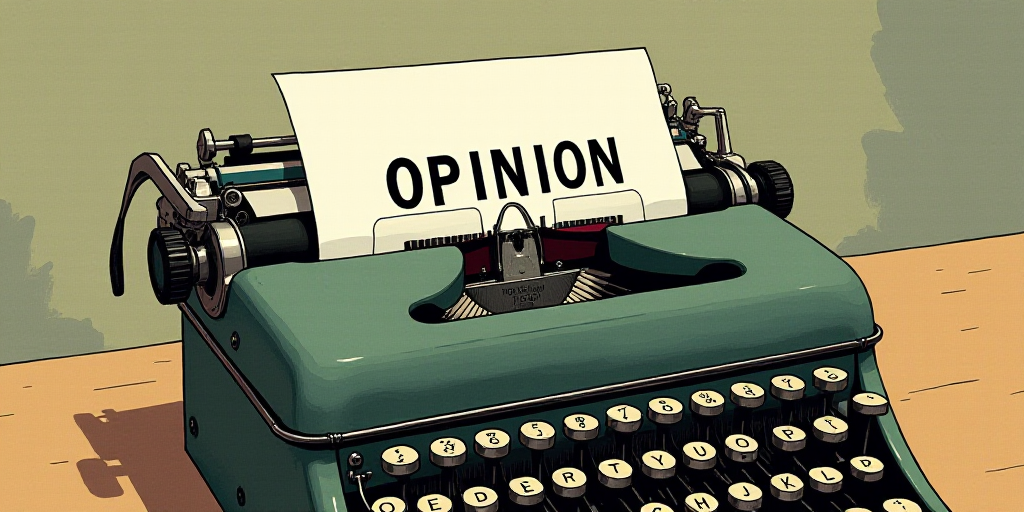Introduction
The author argues that we are not truly living in the 21st century but rather in a “20th Century Plus” era. This world, grappling with new problems, attempts to solve them using outdated methods while educating the masses in 20th-century concepts like democracy, welfare state, human rights, sovereignty, law, order, and education.
Decline of Democracy
Democracy is increasingly practiced less, even in countries once considered democratic champions. Societies prioritize immediate concerns such as cash, food, and employment over fighting for democracy and human rights.
Law and Order
Law and order erode in the face of organized crime, with governments and societies adapting to it rather than combating it.
The Fall of Global Institutions
Global institutions like the United Nations, WTO, WHO, World Bank, and IMF are losing relevance. The UN is more concerned with budget cuts from the US than global conflicts, and WTO fails to curb trade wars. WHO is ignored, and the World Bank & IMF represent an order that’s fading.
Yearning for the Past
We romanticize the post-war era of economic growth, stability, good jobs, and social mobility. However, this was only experienced by a part of the world, and such nostalgia is misleading.
The Illusion of the Past
The past we yearn for is an idealized version, never as perfect as remembered.
Intellectual Perspectives on the Pandemic
During the pandemic, intellectuals like Slavoj Žižek discussed its global political, economic, and social implications. Initially, Žižek suggested a capitalist breakdown; later, in his book “Pandemia,” he viewed it as an accelerator of a pre-existing crisis.
Žižek’s 2025 Perspective
Žižek predicts a revolution led by the new populist right, which is radically altering capitalism. He asserts that leftists must abandon the notion of returning to a pre-Trump welfare state, as this model led to neoliberalism. Trump halted the capitalist liberal crisis, and leftists must now create new solutions.
Outdated Solutions for Modern Problems
Facing issues like inequality, ecological crisis, gender and diversity setbacks, and the threat of large-scale war, 20th-century solutions are inadequate. Perhaps it’s time to revisit forgotten communist ideas focused on inclusivity and community, transcending inefficient national boundaries.
Building Supranational Democracy and Rights
Creating a supranational democracy and rights could be a viable solution, addressing global challenges more effectively.
Key Questions and Answers
- Q: Why does the author claim we’re not in the 21st century? A: The author argues that we’re in a “20th Century Plus” era, using outdated methods to address new problems and educating masses in 20th-century concepts.
- Q: How is democracy declining? A: Democracy is increasingly practiced less, with societies prioritizing immediate concerns over fighting for democracy and human rights.
- Q: What has happened to global institutions? A: Global institutions like the UN, WTO, and WHO are losing relevance and effectiveness.
- Q: Why is yearning for the past misleading? A: The past we romanticize is an idealized version, never as perfect as remembered.
- Q: What did Slavoj Žižek suggest about the pandemic? A: Initially, Žižek suggested a capitalist breakdown; later, he viewed the pandemic as accelerating an existing crisis.
- Q: Why are 20th-century solutions inadequate for modern problems? A: Facing issues like inequality, ecological crisis, gender and diversity setbacks, and the threat of large-scale war, 20th-century solutions are inadequate. New, inclusive solutions are needed.






